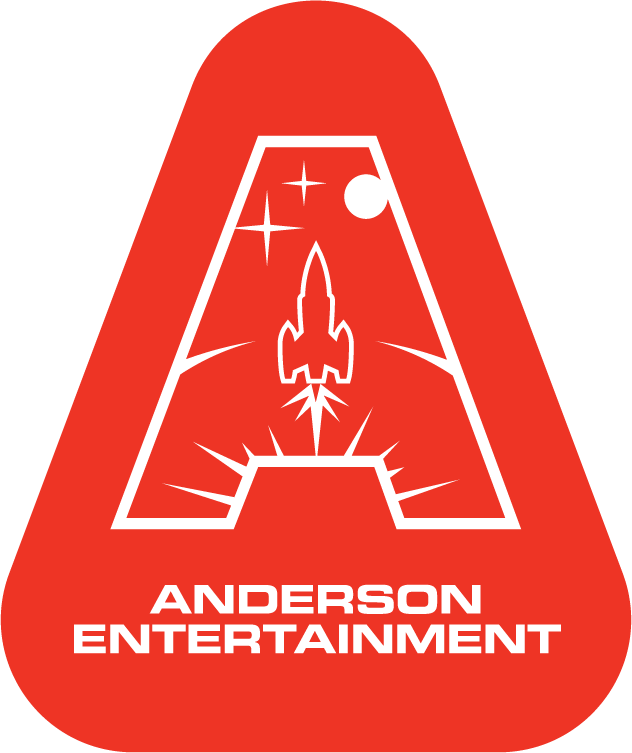The Anderson shows presented a number of idealised father figure characters for their viewers to look up to over the decades – so many in fact that almost all of his shows included some kind of patriarchal figure at the core of the story, whether the rest of that show’s cast of characters were a family or not.

That wasn’t always the case, however. In their earliest years, the run of television shows that we can consider the ‘Anderson universe’ beginning with 1957’s The Adventures of Twizzle often provided its younger protagonists with kindly old grandfatherly figures to talk to, such as Mr Bumbledrop in Torchy the Battery Boy or Grandpa Twink in Four Feather Falls. Although Bumbledrop was responsible for creating Torchy in the first place, and so could in that sense be called his father (because who wouldn’t be proud to have a son like Torchy?) his role in the series was far more passive than the father figures who would come to prominence in Anderson shows of the 1960s.

Fireball XL5’s Commander Zero is the first regular Supermarionation character shown to have a family home life, with his wife Eleanor and son Jonathan living with him in his apartment at Space City. Jonathan was seen infrequently throughout the series, usually as a catalyst for trouble or a convenient kidnap victim, and while the Zero family were often capable of spectacular quarrels we nevertheless understood that Commander Zero would do anything to protect them, as seen in his desperate attempts to rescue his son from the stricken XL5 in the episode Drama at Space City – despite said son having driven him crazy over the course of the story!

Stingray’s Commander Sam Shore was also tasked with running a base while juggling the responsibilities of being a father, but this time of his adult daughter (and junior officer) Atlanta – with his wife presumably dead, although never confirmed on screen. This created an interesting dynamic between the two characters in that their relationship changed depending whether they were on or off duty. In Marineville control tower, Lieutenant Shore wouldn’t dream of questioning one of Commander Shore’s decisions – but in the privacy of their own home it’s a different story, with Atlanta often doting over her father and Shore sometimes finding himself apologising for barking at her during the course of their day’s work! Also seen in two episodes of Stingray was Marina’s father Aphony. While their mutual silence prevents us from learning much about their relationship (although it was explored extensively in the Marina strip of the Lady Penelope comic) their reunion in Plant of Doom after Marina has spent so long a slave of Titan is rather touching, and despite the difficult choice to leave him and return to Marineville to join the Stingray crew it’s clear from Tune of Danger that she does still visit him from time to time.

It was with Thunderbirds that the Anderson universe presented perhaps the ideal father figure, and certainly its most fondly remembered. Jeff Tracy automatically earns cool dad points for being a billionaire ex-astronaut with his own private island home, but having set up International Rescue and then getting his five adult sons to man the Thunderbirds machines that comprise it only cements his place as an almost perfect father – and helped give Thunderbirds the familial core that is no doubt one of the reasons it has continued to endure for so long. As a character in his own right Jeff is also very difficult to dislike, obviously being a deeply principled individual who has chosen to invest his vast fortune in technology that will serve to aid humanity. He’s not perfect, just occasionally short-tempered to the point of being unreasonable, but if given the chance to spend a day with an Anderson character of their choice there’s no doubt that many fans would be inclined to hang with Jeff Tracy for a while. Once again, Jeff’s wife was never mentioned on screen, although background material to the series suggests her death was one of his primary motives for creating International Rescue.

Joe 90’s Professor Ian McClaine was another single father, whose wife’s death was at least this time confirmed in dialogue during the first episode (even if we never find out the cause). Putting aside the obvious ethical questions that will forever float around the show’s central concept, Professor McClaine clearly cares a great deal for his son Joe (adopted shortly before Mary McClaine’s death), and much of that is down to Rupert Davies’ performance of the character. Beyond working to soften some unfortunate lines of dialogue in early episodes (“Don’t come crying to me if you get hurt!”) that seem to run counter to the character’s primary concern for his son, Davies was also able to inject considerable emotion into Mac’s relationship with Joe (such as the simple tortured whisper of his son’s name upon discovering him unconscious in Hi-Jacked) that proved to be a source of drama throughout the show’s run. By the end of the series, Mac has been clearly established as a man who is still working through the pain of his wife’s death – and doesn’t want to go through a similar loss again should the worst happen to Joe. On occasions when that looks to be very likely – most notably in the episode Double Agent – his desperation to ensure his son’s safety overrides all other concerns.

The father figures of the Supermarionation universe, from Commander Zero to Professor McClaine, share many characteristics; often irascible while on duty, usually fun while off, and always deeply concerned for their family’s wellbeing. The lack of mother characters is an unfortunate running trend throughout this era, but is not inconsistent with the time period in which the shows were made; many many shows of the 1960s also presented father-led families, with the mother nowhere to be seen. The prominence of father figures within the Anderson universe at this time also served to heighten the boys own adventure aspect of the shows that appealed to so many young viewers; wouldn’t it be great if your Dad ran a top secret base? Wouldn’t it be fun if your Dad sent you off on exciting adventures in fantastic machines?
It would, and it was. But fatherhood couldn’t always be fun and games…
(Next time, we’ll be exploring the father figures of the 1970s Anderson shows and beyond, where parenting could often become a source of great pain and sadness for such characters as Ed Straker and Harry Rule…)








Leave a comment